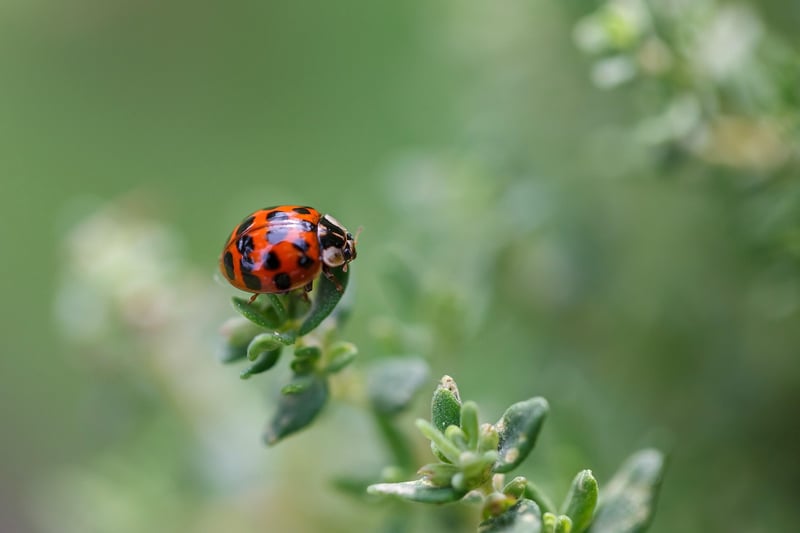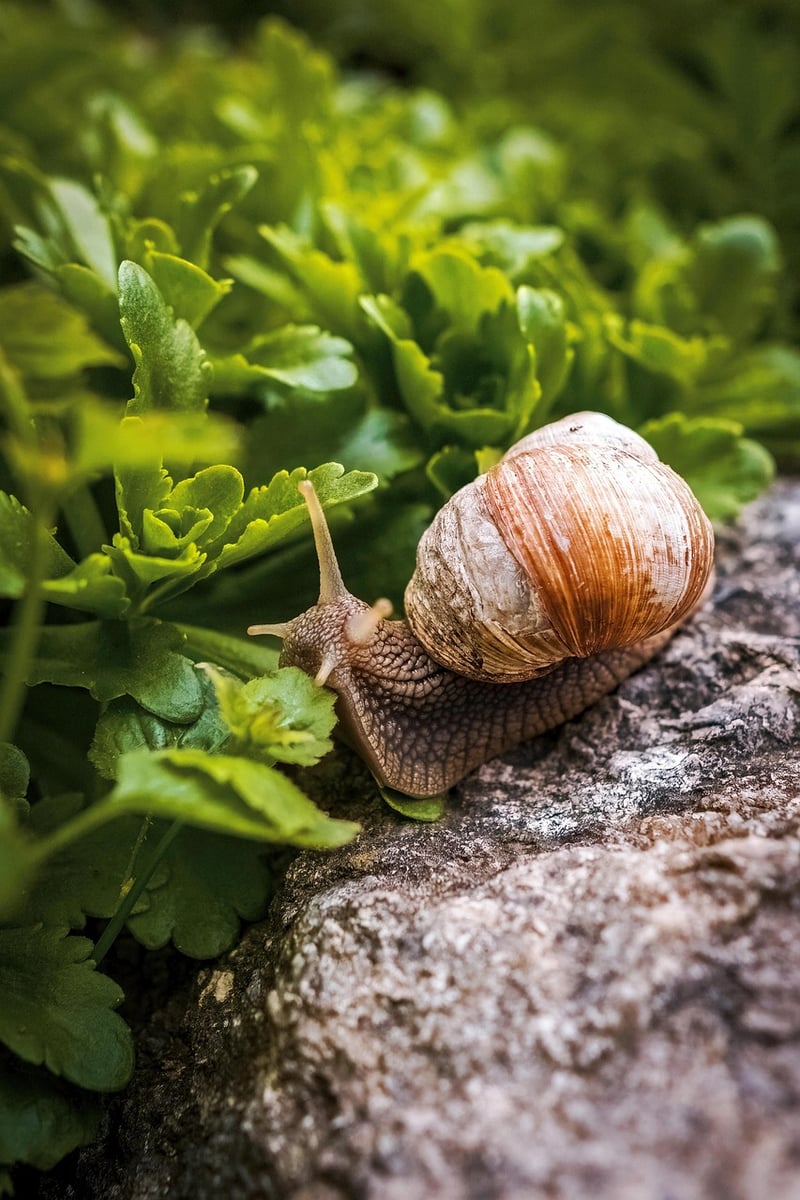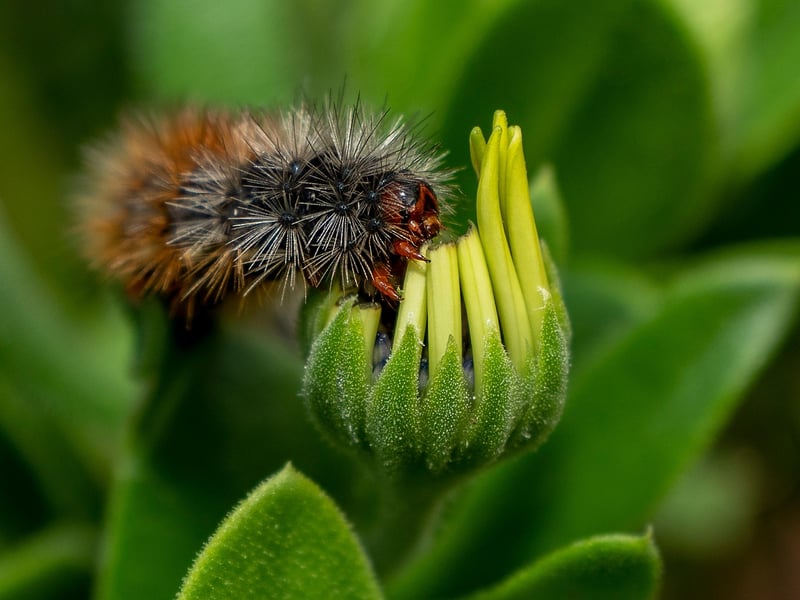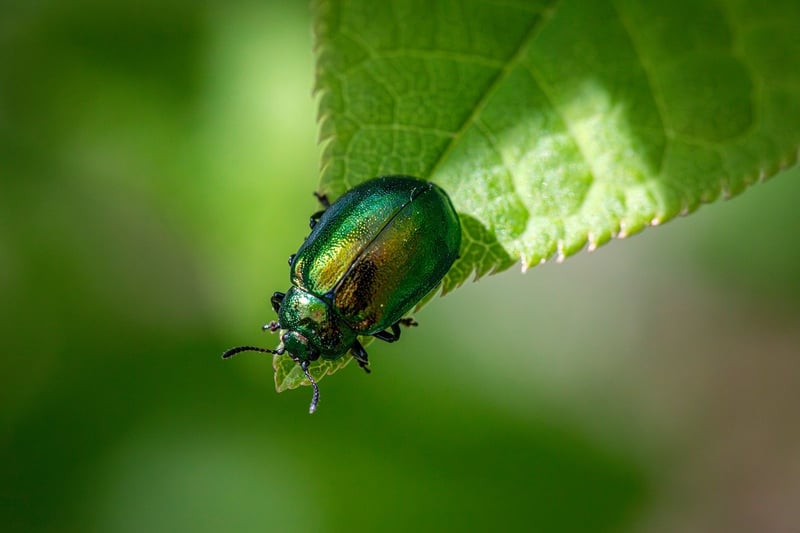Identifying Pests
Dealing with Garden Pests - Identifying Common Pests in Your Garden
Introduction
Gardening can be a rewarding and therapeutic hobby, but dealing with pesky garden pests can be a real challenge. Identifying the pests that are wreaking havoc on your plants is the first step towards effectively managing them. In this article, we will discuss common garden pests and how to identify them.
Common Garden Pests
Aphids

Aphids are small, soft-bodied insects that feed on plant sap. They can be green, black, brown, yellow, or pink. Signs of aphid infestation include distorted leaves, sticky honeydew residue, and the presence of ants on plants.
Slugs and Snails

Slugs and snails are mollusks that can devour young seedlings and tender plants. They usually come out at night and leave slime trails on plants and the ground. To identify them, look for irregular holes in leaves and silvery slime trails.
Caterpillars

Caterpillars are the larval stage of butterflies and moths. They can chew through leaves and damage plants. Look for ragged edges on leaves, droppings (frass), and the caterpillars themselves to identify their presence.
Dealing with Garden Pests
Natural Predators
Encouraging natural predators like ladybugs, lacewings, and birds in your garden can help control pest populations. Ladybugs, for example, feed on aphids, while birds eat caterpillars and other insects.
Handpicking
For larger pests like slugs and caterpillars, handpicking them off plants and disposing of them can be an effective control method. Check plants regularly, especially at night, to catch these pests in action.
Organic Sprays
Organic sprays like neem oil, insecticidal soap, and garlic spray can be used to deter and kill garden pests. These sprays are less harmful to beneficial insects and the environment compared to chemical pesticides.
Conclusion
Identifying common garden pests and implementing effective pest control strategies is essential for maintaining a healthy garden. By knowing what pests to look out for and how to deal with them, you can protect your plants and enjoy a thriving garden.
